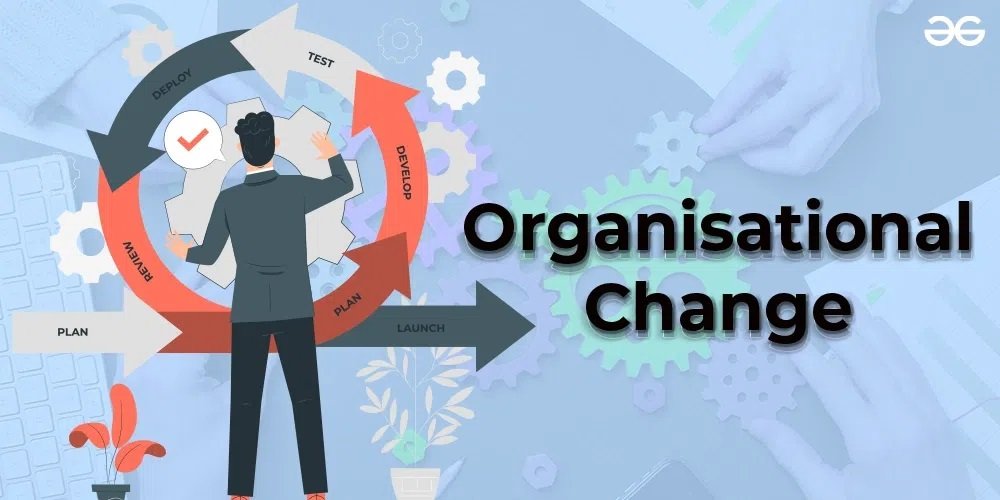Senior management comprises executives holding pivotal leadership roles within organisations, including CEOs, COOs, CFOs, CIOs, and others. Eligible candidates for senior management courses typically include mid-career professionals aspiring to advance into executive positions or current executives seeking to refine their strategic leadership skills.
Participating in a reputable Senior Management Program IIM offers significant career benefits. It provides opportunities to enhance leadership competencies, refine decision-making abilities, and gain insights into global business trends. Networking with peers and industry experts also fosters valuable connections, while exposure to cutting-edge practices equips participants to drive organisational growth and innovation.
Who is Senior management?
Senior management refers to the top executives and leaders within an organization who are responsible for making strategic decisions and overseeing the overall operations of the company. These individuals typically hold titles such as Chief Executive Officer (CEO), Chief Operating Officer (COO), Chief Financial Officer (CFO), and other C-level executives.
In addition to their strategic responsibilities, senior management also serves as the face of the organisation, representing its values, vision, and priorities both internally to employees and externally to stakeholders, including investors, customers, and the broader community.
Overall, senior management embodies leadership excellence, strategic vision, and the ability to navigate complex challenges in a dynamic business environment, making them instrumental in driving organisational success and sustainability.
Here are the top roles of senior management and an explanation of the hierarchy:
Chief Executive Officer (CEO):
- The CEO is the highest-ranking executive in the organisation.
- Responsible for making major corporate decisions, managing the overall operations and resources of the company, and acting as the main point of communication between the board of directors and corporate operations.
- Sets the strategic direction and vision for the company.
Chief Operating Officer (COO):
- The COO oversees the day-to-day administrative and operational functions of the company.
- Ensures that business operations are efficient and effective, often focusing on improving processes and productivity.
- Reports directly to the CEO and may act as the second-in-command.
Chief Financial Officer (CFO):
- The CFO manages the financial actions of the company, including financial planning, budgeting, accounting, and reporting.
- Responsible for managing financial risks, analysing financial data, and making strategic financial decisions.
- Provides financial insights to senior management and ensures compliance with financial regulations.
Chief Information Officer (CIO):
- The CIO oversees the organisation’s information technology (IT) strategy and operations.
- Responsible for implementing and managing IT systems, ensuring data security, and leveraging technology to support business objectives.
- Reports to the CEO and collaborates closely with other senior executives to align IT with business goals.
Chief Marketing Officer (CMO):
- The CMO is responsible for developing and executing marketing strategies to promote the company’s products or services.
- They look after overseeing market research, advertising, branding, and customer engagement initiatives.
- Works closely with sales, product development, and other departments to drive growth and revenue.
Chief Human Resources Officer (CHRO):
The CHRO manages the organisation’s human resources strategy and initiatives. Responsible for recruitment, training, compensation, employee relations, and organisational development. Ensures that the company has the right talent and culture to support its business objectives, often leveraging OKR software to align HR goals with overall company objectives.
Hierarchy Explanation:
The CEO typically sits at the top of the hierarchy, followed by the COO, CFO, and other C-level executives who report directly to the CEO. Depending on the size and complexity of the organisation, additional layers of senior management may exist below the C-suite. Senior management collaborates closely with the board of directors and plays a crucial role in setting strategic goals, managing resources, and ensuring the overall success and growth of the company. OKR software is frequently used by senior management to set and track
Responsible for recruitment, training, compensation, employee relations, and organisational development.Ensures that the company has the right talent and culture to support its business objectives.
Hierarchy Explanation:
- The CEO typically sits at the top of the hierarchy, followed by the COO, CFO, and other C-level executives who report directly to the CEO.
- Depending on the size and complexity of the organisation, additional layers of senior management may exist below the C-suite.
- Senior management collaborates closely with the board of directors and plays a crucial role in setting strategic goals, managing resources, and ensuring the overall success and growth of the company.
This hierarchical structure allows senior management to effectively lead the organisation, drive innovation, and navigate challenges in a dynamic business environment.
The Power of Emotional Intelligence in Senior Leadership
Emotional intelligence (EI) stands as a linchpin for effective senior leadership within organisations, transcending conventional measures of intellect and technical understanding. It encapsulates the ability to perceive, comprehend, and manage emotions—both one’s own and those of others. Here’s an exploration of how EI shapes leadership styles, influences team dynamics, and provides practical strategies for senior managers to cultivate and leverage it effectively.
Impact of Emotional Intelligence on Leadership and Team Dynamics
Emotional intelligence profoundly shapes leadership styles by fostering crucial attributes:
- Empathy and Trust: Leaders high in EI build strong connections with their teams by empathising with their viewpoints and feelings. This fosters a culture of trust, cooperation, and mutual respect within the organisation.
- Self-Awareness and Flexibility: EI enhances leaders’ self-awareness, enabling them to recognise their emotions, strengths, and areas for improvement. This self-awareness facilitates adaptive leadership, where leaders can adjust their approach to different situations and challenges.
- Clear Communication: EI equips leaders with practical communication skills, allowing them to communicate openly and empathetically with their teams. They listen actively, address concerns promptly, and foster an environment where diverse ideas can flourish.
- Conflict Resolution and Decision-Making: Leaders with EI manage conflicts diplomatically and make well-informed decisions that consider both rational analysis and emotional implications. This approach ensures decisions align with team goals and organisational values.
- Inspiration and Motivation: EI contributes to transformational leadership, inspiring teams to achieve beyond expectations. Emotionally intelligent leaders motivate through their enthusiasm and dedication, fostering a sense of purpose and commitment among their team members.
Strategies for Developing and Leveraging Emotional Intelligence
Senior managers can enhance their EI through practical techniques:
- Self-Reflection and Growth: Regular self-assessment helps leaders understand their emotional triggers and areas for development. This introspection forms the foundation for improving EI competencies.
- Empathetic Engagement: Actively listening to team members, showing empathy, and validating their experiences fosters trust and strengthens interpersonal relationships.
- Emotional Regulation: Practicing mindfulness and stress management techniques enables leaders to manage emotions effectively, maintain composure during challenging situations and make well-considered decisions.
- Continuous Learning and Feedback: Seeking feedback from peers, mentors, and team members provides valuable insights for personal and professional growth. Embracing a growth mindset encourages leaders to adapt their leadership style and refine their skills continually.
- Building Interpersonal Skills: Developing skills in persuasion, negotiation, and conflict resolution enhances leaders’ ability to build cohesive teams and navigate organisational complexities effectively.
Conclusion
In conclusion, emotional intelligence is indispensable for effective senior leadership, influencing leadership styles, team dynamics, and organisational culture. By cultivating EI through self-awareness, empathy, effective communication, and continuous learning, senior managers can create a supportive environment where teams thrive and achieve collective goals. As organisations evolve, mastering emotional intelligence remains essential for leaders committed to driving innovation, fostering resilience, and achieving sustained success.
Moreover, Senior Management Course often incorporate case studies and practical exercises that facilitate real-world application of learning. This hands-on approach helps leaders navigate complex challenges effectively, improving their capacity to lead teams and drive results. Ultimately, investing in a senior management course can accelerate career progression, increase earning potential, and position executives as influential leaders within their organisations and industries.



